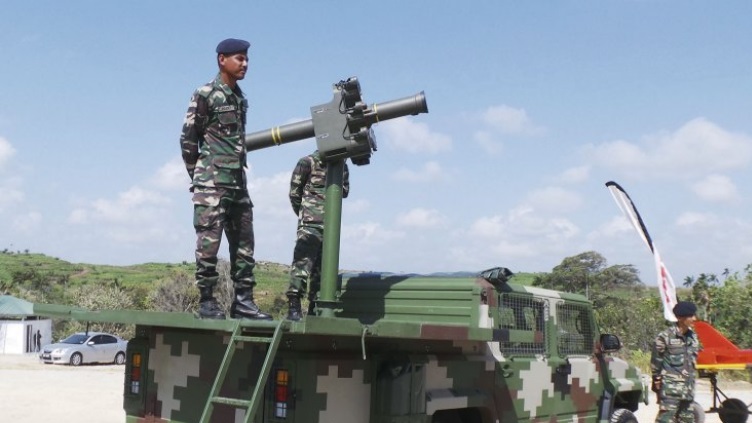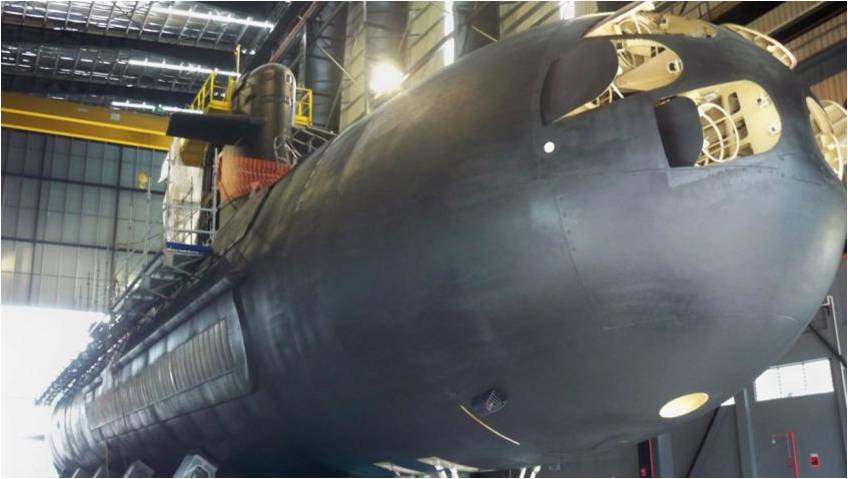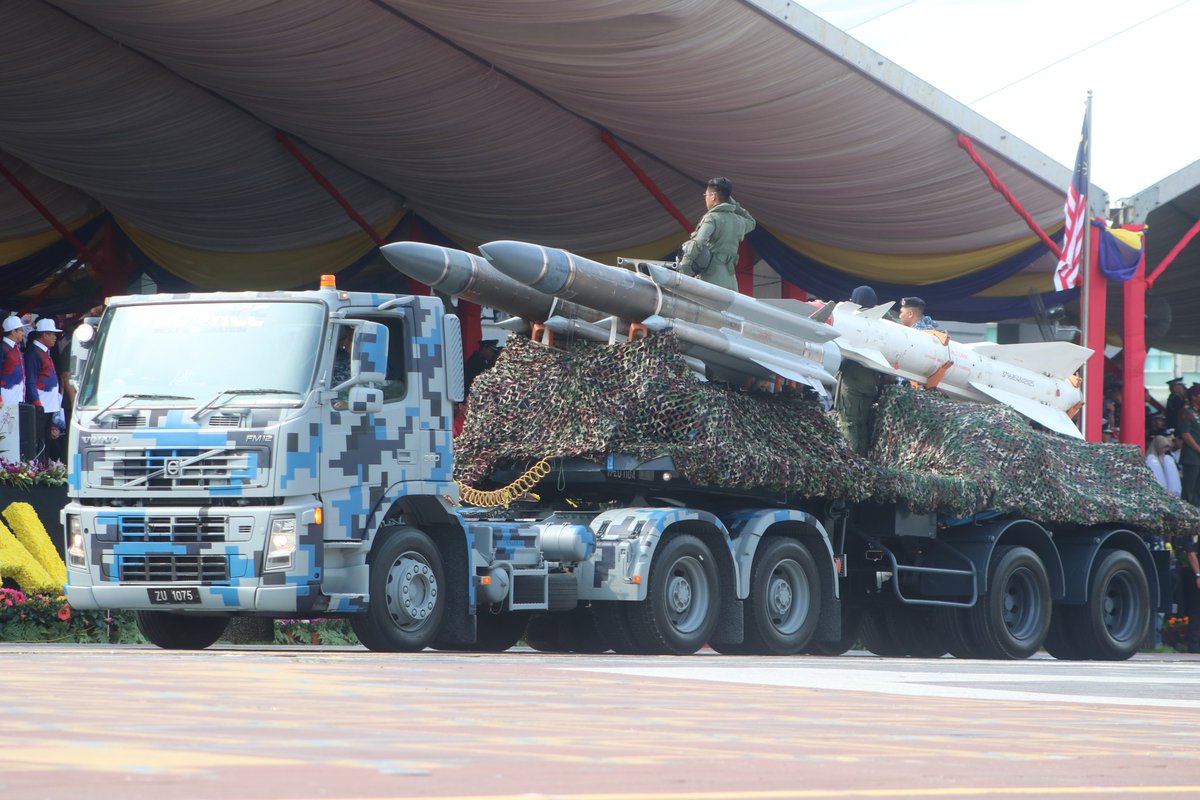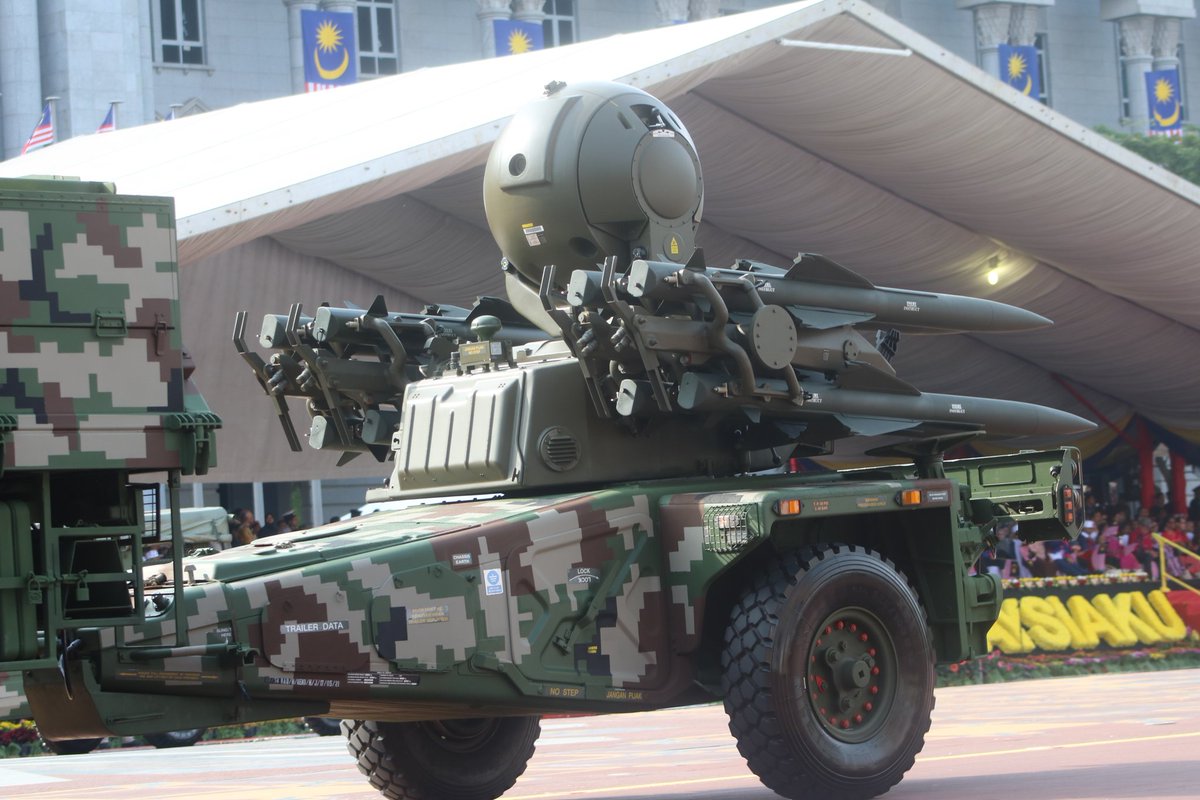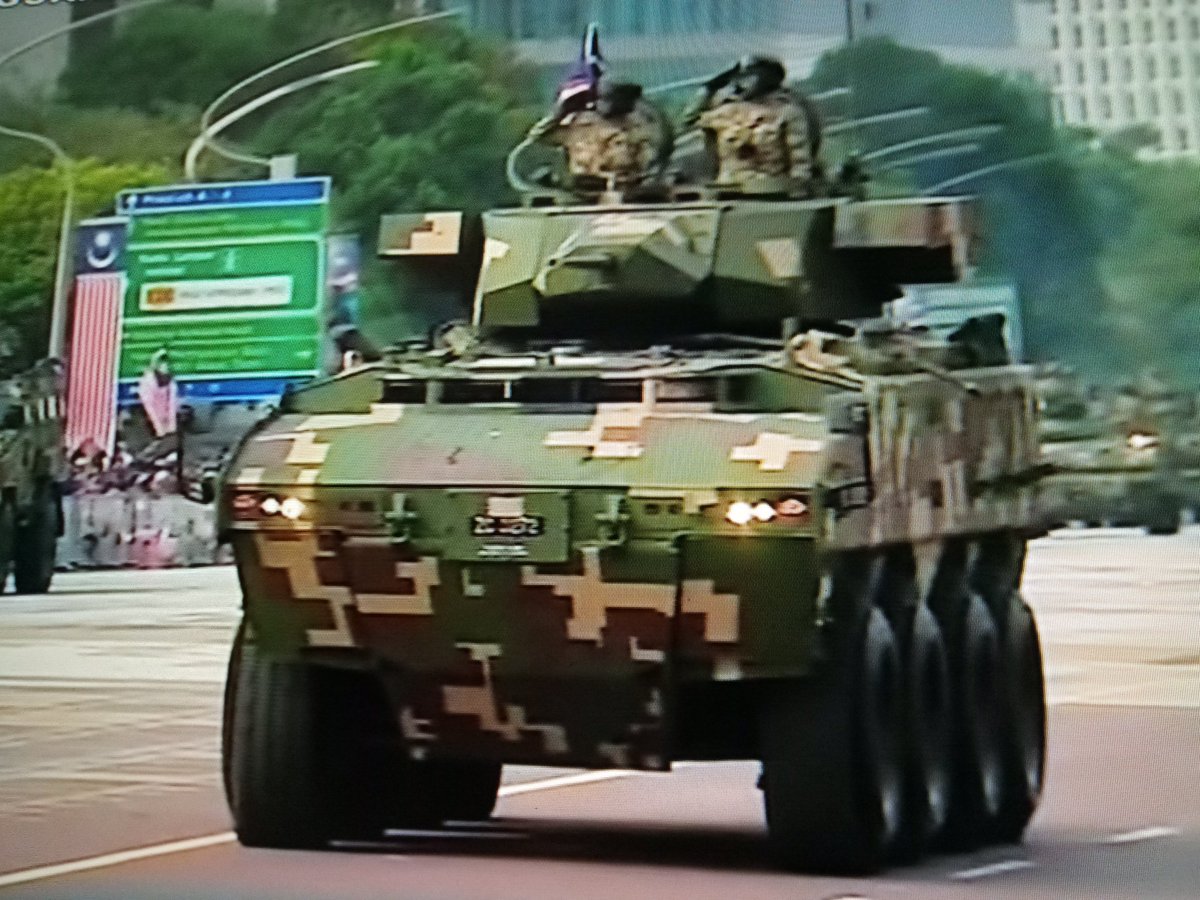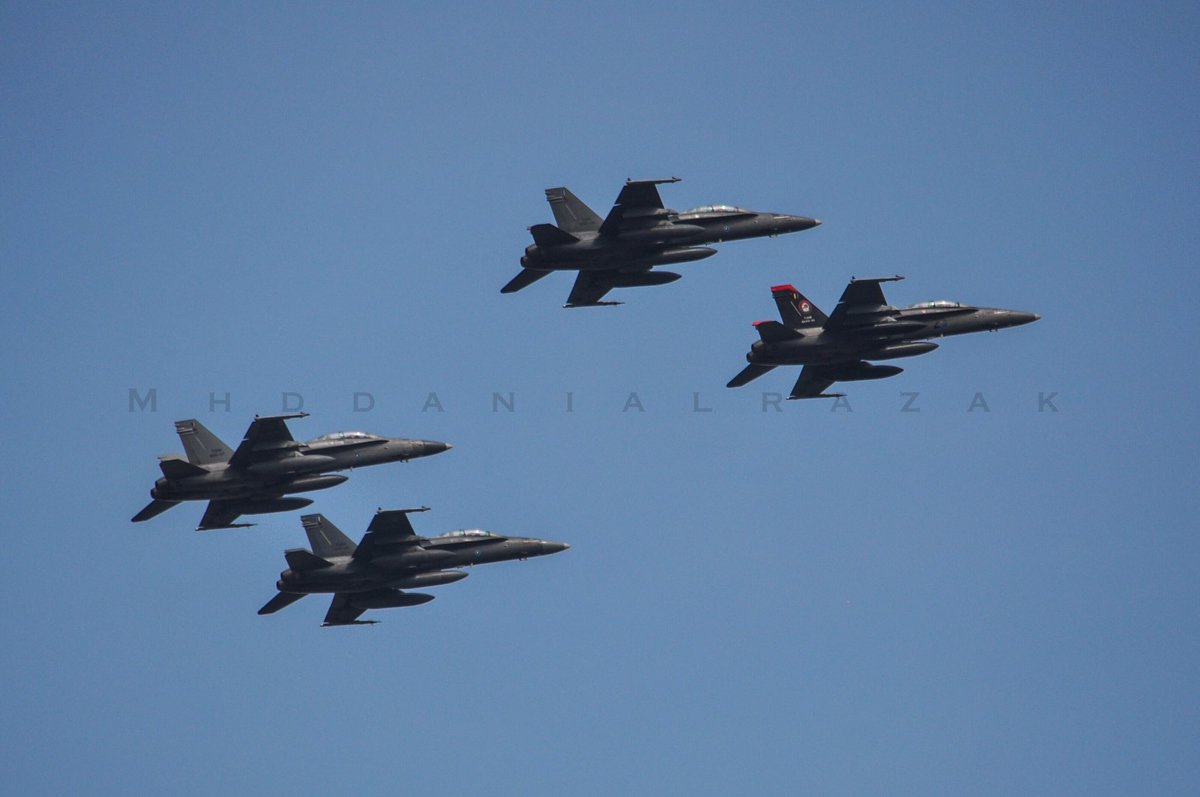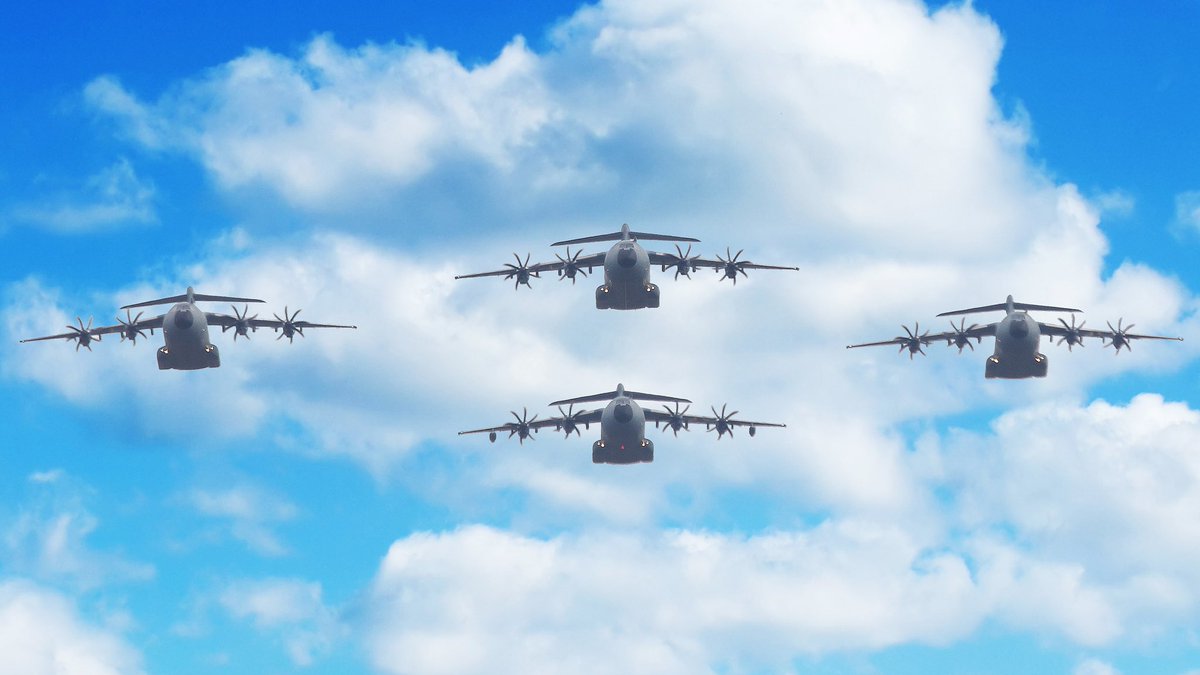The May issue of the journal Kanwa Asian Defence publishes an interview with Air Force Chief of Malaysia Rodzali Daud, who praises fighters "MiG" and "Su", vaguely referring to some problems with the first service and full commissioning of the second. Commander argues that "MiGs" were too expensive to maintain and prepare pilots for the "dry" take under his wing Hindus. In addition, more or less cleared up prospects of purchasing AWACS systems - this will be the Swedish, American or Brazilian products.
Kanwa: Can we now, after the official announcement of the decommissioning of the MiG-29, called the reason for this decision? The company "Sukhoi" says expects to sell Malyzii Su-30MKM. Do you think this is possible?
First of all I would say that we were completely satisfied with the MiG-29 since its purchase. We have not encountered any serious problems with maintenance or operation of the aircraft. Nevertheless, we are faced with high maintenance costs and difficulties in obtaining spare parts, in particular, with very long delivery time of spare parts. Thus, the problem is in service. This was one of the main reasons that we have analyzed the efficiency of aircraft and concluded that the cost of service is becoming more and more. It is rather high, and taking into account the age of aircraft, we decided to withdraw them from service.
Kanwa: You are going to accept the offer "Dry"?
I would say that there are several options for withdrawal of the aircraft from service. First, you can make a redemption. Secondly, it is possible to hold an international tender. Finally, the third - to sell it "in the form in which it is, and right from where it is." In different ways you can do, but - it's not for me to decide. It will all depend on the Ministry of Defense and the Ministry of Finance. I would welcome any suggestions, but the final decision will come from someone else. Our only interest - to replace the plane or getting a multifunctional combat aircraft (MRCA). That's what we are interested
Kanwa: Are you satisfied with after-sales service Su-30MKM?
Well, first of all, this type of aircraft is in the state, which we call initial operational readiness - at least those airplanes that we received. And we have not done the aircraft fully operational. We to cancelled the ECM as not meeting goals. Need something else to solve. But except for these things no problem. I still have a little talk on the issue of maintaining the life cycle, they developed a system for aircraft maintenance.
Kanwa: Fortunately there was integration of the French system?
Needless to say, that the integration of French and Russian systems is a difficult task? Of course, it is not easy. The aircraft is one of the most advanced fighter, so it should not be easy. There are a number of issues, some problems. But otherwise no serious problems. Some minor difficulties with the integration of systems are present, it is true.
Kanwa: Regarding testing of weapons such as rockets, "air-air" or PKR - you performed these tests?
Yes, some do, but not all. Weapons, we are very happy.
Kanwa: Could you tell what kind of weapons do you have?
No, I can not tell you.
Kanwa: Two years ago, Air Force Commander expressed interest in buying some weapons from China. This interest once implemented?
Yes, it is implemented. I was recently in China, held talks with some companies, they also come here. But it is completely clear yet, because it takes time to know each other - all the same for us this new market, and we have a new market for them. So you need some more time, but we do not stop and continue to look closely to China. We see its potential. The same thing I said this morning, members of the Chinese delegation. In regard to Malaysia, we are aware of the potential Chinese market, although they are not in our interests. In some areas we want to work together with China.
Kanwa: What kind of weapons you want to buy in China?
For specific systems, we have not decided yet. But we are trying to work with the Chinese - just to maintain our fleet, "Dry."
Kanwa: With regard to personnel training, did you have to either India or China for help in preparing the pilots?
Yes. As you know, our version of "Dry" is more close to the Indian than Chinese, so for us in the first place it makes sense to get help in learning from India, this is the first place. Second, there is a commonality in terms of English language, and for us it is more convenient to work with India. And we are satisfied with them, no problem.
Kanwa: China to help you do not plan to apply?
Directly on the preparation, probably not. But somehow indirectly - perhaps, yes. Indirectly - in the sense that we can appeal to the Chinese side to provide assistance for some minor issues of training or service. But immediately on learning in the sense that they will teach us to fly? No, probably not.
Kanwa: We have a great significance of the data. In your "dry" set the Western system. Do you have a system of data exchange with the western / eastern equipment?
Right now, no. We are armed with data exchange system "airplane flight" and "ship-to-ship." However, we are working with a Malaysian company on this issue. "We" does not mean the Air Force and the armed forces of Malaysia. But as long as the Air Force will have this need, we will continue to work on getting the technology of data exchange at the tactical level. If we follow procurement, including the fact that the samples had to be procured data interchange system at the tactical level.
Kanwa: You are a couple of times considered the possibility of purchase of AWACS systems?
Yes, that's a long story, it goes much since 1997!
Kanwa: Do you expect in the near future any specific?
Yes, it is being developed by the 10th Malaysia Plan, which will come into force from 2011 AWACS aircraft is one of our priorities. We learned a lot and watched the proposals and have some have chosen. It all depends on budget allocations.
Kanwa: You already have a candidate?
Yes, it already is. But as I said, it all depends on funding. Its never enough, as indeed throughout the world. Yes, we consider the Swedish, American and, perhaps, the Brazilian variants.
Andrei Frolov





